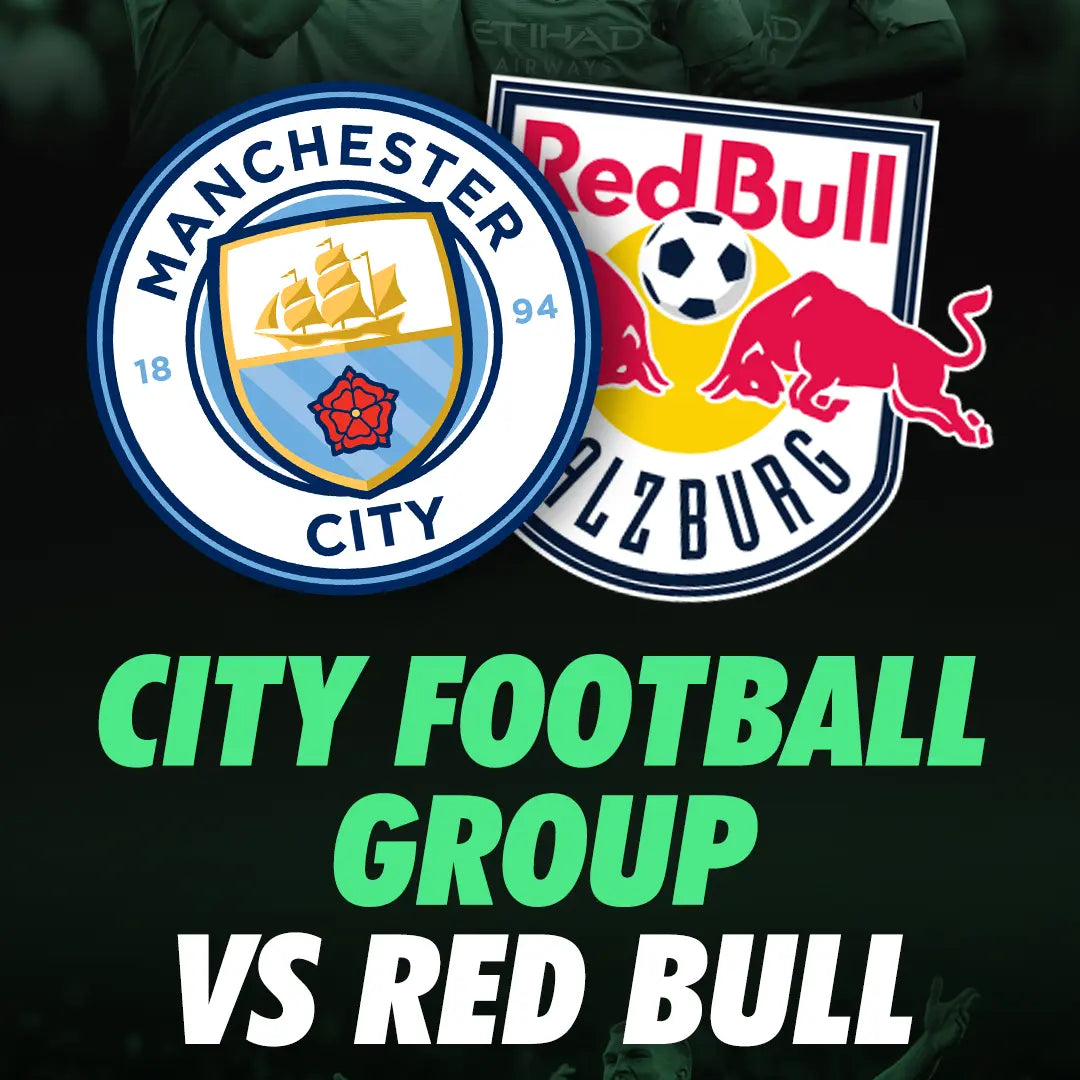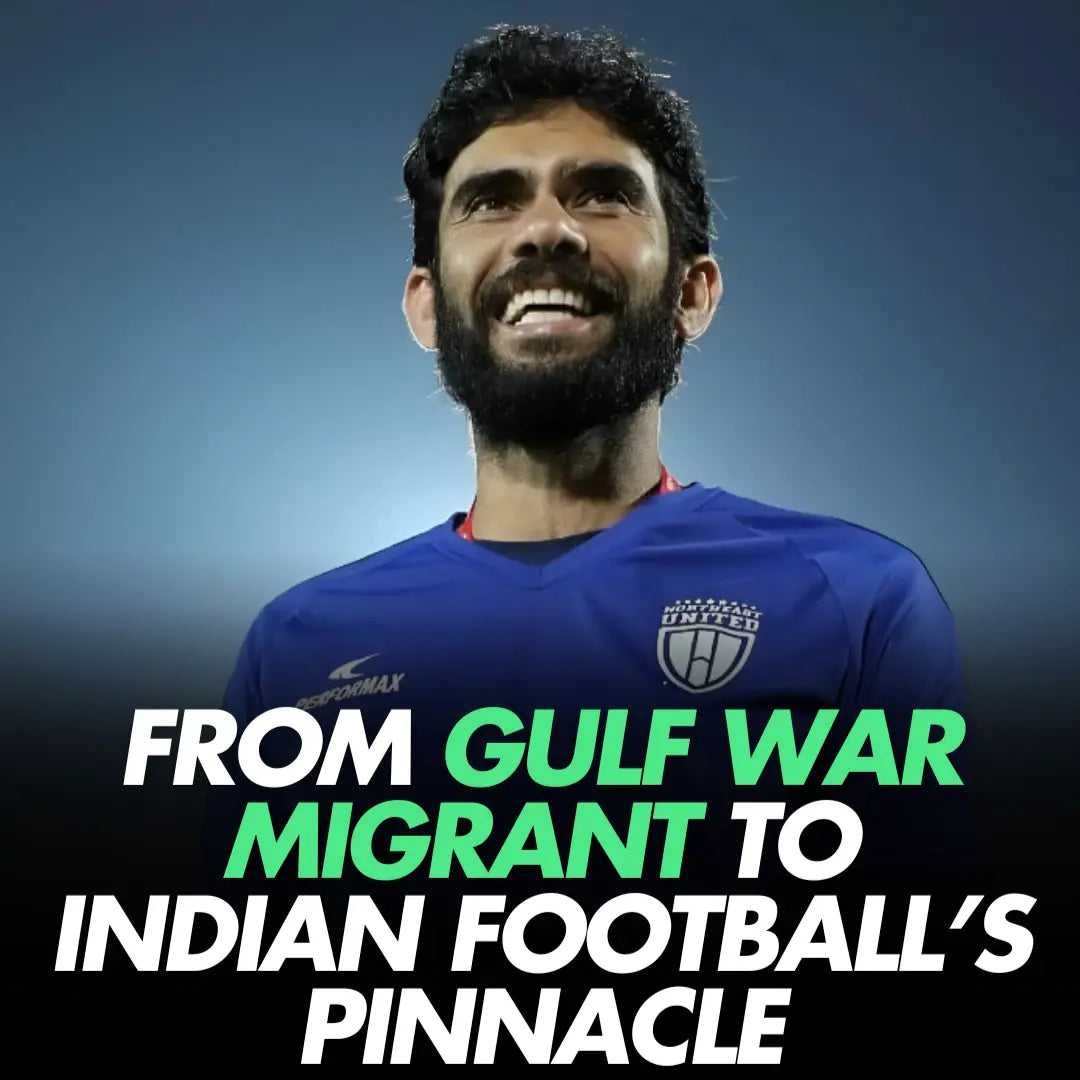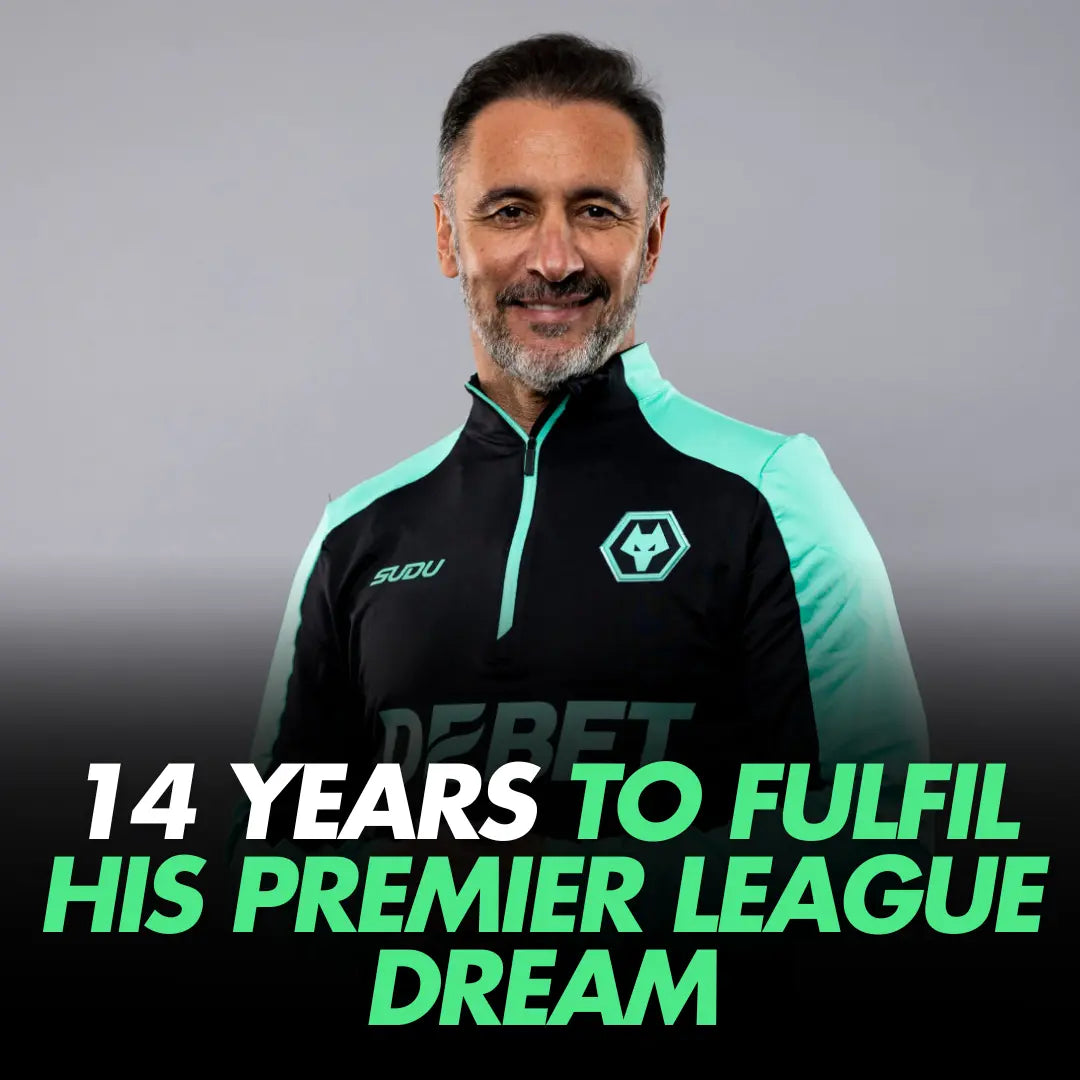Multi-Club Ownership (MCO): City Football Group vs Red Bull

City Football Group and Red Bull are two of the most popular global conglomerates in football, taking charge of several clubs across the planet. While both have made their mark in world football over the last couple of decades, they operate with very different styles.
City Group is based in the UAE, and at its helm is Sheikh Mansour, the prime minister of the country. They began to stamp their authority in football in 2008 when they bought Manchester City, and since then, the club has seen a boatload of success, winning seven Premier League titles and their first Champions League trophy.
City Group now has another 12 football clubs under its belt from around the world, including La Liga's Girona, A-league's Melbourne City, ISL's Mumbai City FC, and MLS's New York City FC.
From Robinho and Sergio Aguero initially to Erling Haaland more recently, City Group has invested billions of dollars in the world's top talent. While several of City Group's clubs have found success domestically, Manchester City remains their most prized project.
Red Bull, on the other hand, is an energy drink company from Austria. They made their entry into the world of football in 2005, buying Austrian Club Salzburg. Red Bull owns five clubs from around the world, including Germany's RB Leipzig, the US's New York Red Bulls, and Brazil's Red Bull Bragantino. This conglomerate has also dipped its feet in extreme sports and Formula 1.
In terms of size and extravagance, Red Bull may not match the City Group, but the strategic synergy between their clubs has been to their long-term benefit. For instance, there have been 19 permanent transfers between Red Bull Salzburg and RB Leipzig, with both clubs being able to make huge profits from them.
The Red Bull Academy is indeed one of the best in the world, proving the conglomerate's intention to nurture young talent.
Red Bull's sponsorship strategy is also what makes them unique. While all football teams have sponsors, Red Bull, instead of coming aboard in a collaborative capacity, bought and rebranded the clubs instead. The club names, logos, kits, etc. had Red Bull in them, giving a new mould to sponsorship in football.
For context, RB Leipzig, Red Bull's most successful acquisition, has spent close to €714 million since 2009, while Manchester City, City Group's most successful club, has shelled out over €2 billion in the same period.
RB Leipzig's net profit through player transfers in the 2023–24 season was €65 million. At the same time, Manchester City invested a further €133.8 million into the squad despite winning the Champions League the previous season.
Perhaps the best example of the difference between the styles of City Group and Red Bull is Erling Haaland. In 2018, the Norwegian signed for RB Salzburg as an 18-year-old promising talent. Having proven his class, first with the Austrian Club and then with Borussia Dortmund, he was roped in by City Group's Manchester City for €60 million as a finished product.
Apart from City Group and Red Bull, there are several other multi-club groups across the globe, such as Pacific Media Group and Eagle Football Holdings. From a business perspective, owning multiple clubs allows investment groups to have more eyeballs and a bigger stranglehold over talent across the world, while diluting the risk of putting all their eggs in one basket.





Leave a comment